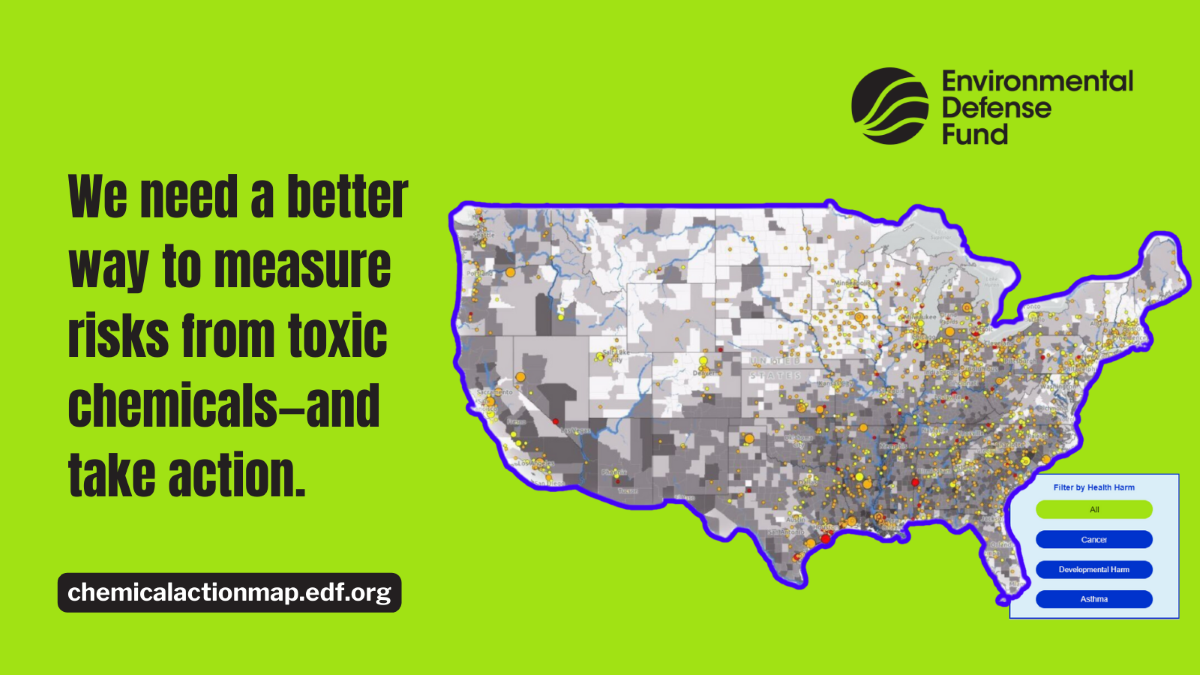By. Joanna Slaney, Senior Director, Federal Affairs, and Maricel Maffini, PhD, Consultant

Source: A. Paige Baker, ShutterSights.com©
What Happened?
On May 19, Reps. Katie Porter, Steve Cohen, Nanette Diaz Barragán, Earl Blumenauer, and Raúl Grijalva issued a letter [PDF, 300KB] to FDA Commissioner Robert Califf calling on FDA to “act expeditiously to protect the public from the health risks posed by phthalates in food and food packaging.”
They asked the FDA to hold a public hearing on ortho-phthalates (phthalates), chemicals associated with disruptions to the development of the male reproductive system and neurodevelopment, among other health effects.
Why It Matters
In 2021, Reps. Porter and Lieu led a letter with 12 colleagues urging FDA to take action on phthalates in food and cosmetics. That letter, in part, called on FDA to take action on a 2016 petition filed by EDF and allied environmental health organizations asking FDA to revoke its approval for all uses of phthalates in food packaging and processing equipment.
In May 2022, after the petitioners sued, FDA denied the petition. The petitioners formally objected to the decision and requested a public hearing pursuant to FDA’s regulations. The agency has not provided any timeline for acting on the objections.
Request for a Public Hearing
The Representatives stated in the letter submitted last month that FDA’s decision denying the petition was flawed. “[W]e are deeply concerned about the denial, which was made without deciding whether the remaining approved uses of phthalates in food and food packaging are safe.” (Emphasis original)
They reminded Commissioner Califf of his recent statement that chemical safety is a “really, really important area for the future – for humankind, really – and where science is evolving rapidly,” urging FDA to hold a public hearing on two areas of concern:
- The agency’s failure to evaluate the safety of phthalates as it was legally required to do before denying the 2016 petition. The letter stated, “failing to evaluate the safety of phthalates is an abdication of the FDA’s continuing obligation to oversee the safety of the food supply.”
- FDA’s failure to address new toxicity information that raises significant questions about the safety of phthalates. Phthalates are associated with numerous health issues, including reproductive and developmental toxicity, endocrine disruption, immune toxicity, and epigenetic alterations. The letter stated, “the denial of the petition fails to acknowledge, let alone analyze, the dozens of peer-reviewed studies that underscore the toxicity of the phthalates that remain approved for food contact use.”
Next Steps
EDF and our allies will continue to press FDA to hold a public hearing on the safety of phthalates used in food packaging and processing equipment.
Go Deeper
EDF blogs on phthalates
 What’s New
What’s New










